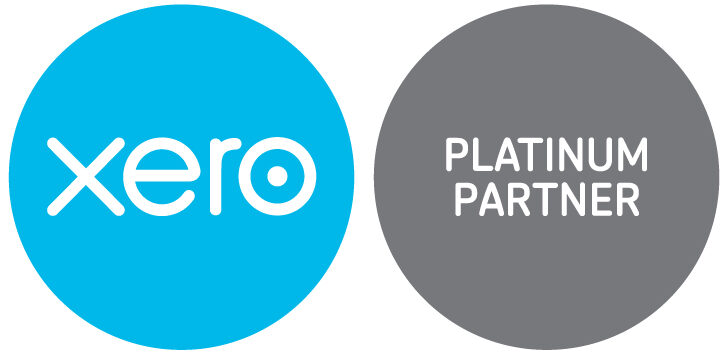HMRC have today released more information on how the Coronavirus Job Retention Scheme will be operated.
The portal will go live on Monday 20th April.
The first payments are expected to be made to employers on the 30th April 2020 and the aim is that future payments will be made within 4 to 6 working days of employers submitting the relevant data.
A guidance document is expected to be released within the week, the aim is to ensure employers can self-serve and get claims ready for submission before the portal opens.
HMRC will set up a dedicated helpline staffed by 2,000 advisers, a further 3,500 are to be deployed onto the helpline during launch.
For employers that run a weekly payroll, claims can be submitted with the same regularity. Only one claim can be made per pay period (which may be weekly or monthly), first claims should include any backdated claims to cover March.
A claim can be made up to 14 days’ in advance, so if your pay period runs to the last day of the month, your claim can be submitted 14 days before.
To submit your claim you will need to provide HMRC with some specific details. A list of which is detailed below. In order to be prepared for the launch and your earliest submission date you should get this information together in advance.
- The sort code and account number for HMRC to pay the claim in to
– The name and phone number of the person in your business for HMRC to call with any questions
– Your Self-Assessment UTR (Unique Tax Reference), Company UTR, or CRN (Company Registration Number) – contact us if we prepare your tax return and you need this information
- Name, employee number and NI number for each of your furloughed employees
- The total amount being claimed for all employees and the total furlough period
If we process your payroll we will be able to make a claim on your behalf, but you’ll need to speak to us ASAP to let us know who has been furloughed, for how long, and if you’re topping up the payment over and above the government payment.
There have been concerns raised around abuse of the system in regards to furloughed employees being required to carry on working. HMRC has stated that there is a whistle blowing line for employees to report such behaviour. It has also been confirmed that if there is evidence of a breach then claims will not be paid out.
HMRC may look for other evidence of employees continuing to work whilst furloughed, if found this could result in criminal proceedings being considered.
Impact on Child Benefit
For any employee who has seen their salary reduced or have been furloughed it would be worth considering if this has an impact on their ability to claim child benefit. If any member of a family earns at least £50,000 they must pay back 1% of their child benefit for every £100 earned over and above £50,000. When income reaches £60,000 the whole of the child benefit is repaid. A number of people have historically opted out of receiving child benefit rather than go through the process of repaying it through their tax return.
If you have previously opted out of receiving child benefit and total income for the current tax year will now drop below £60,000 either as a result of a reduction in salary or through being furloughed it will be worth opting back into the system. The claim can only be backdated for three months so the claim should be made as soon as possible.
More coronavirus loan scheme lenders approved
It has today been announced that four new banks have been approved to provide finance through the new Coronavirus Business Interruption Loan Scheme.
The British Business Bank, the UK government’s economic development bank set up in 2014, has announced its approval for the Co-operative Bank, Cynergy Bank, OakNorth Bank and Starling Bank as new lenders for the Coronavirus Business Interruption Loan Scheme (CBILS). The four banks will announce when they are ready to start providing loans.
The Coronavirus Business Interruption Loan Scheme aims to provide a lifeline of finance to UK SMEs during the Covid-19 outbreak with loans of up to £5m repayable over terms up to six years. The scheme, made available to companies via more than 40 accredited lenders, supports a wide range of business finance products, including term loans, overdrafts, invoice finance and asset finance facilities.
The scheme was also extended on April 3 to include larger companies.
We have already completed a number of successful applications for clients and if you require any assistance in this regard please do not hesitate to contact us.
Firms must take urgent action to delay import VAT and duty payments
Importers unable to make payment of deferred customs duties and import VAT due on 15 April should take urgent action now, says HMRC.
On 11 April, HMRC confirmed that duty deferment account holders and registered importers facing ‘severe financial difficulties as a direct result of Covid-19’ can apply for more time to pay duties and import VAT.
Businesses that hold duty deferment accounts can apply for an extended period in which to make payment for duties and import VAT due on 15 April. They must contact the Duty Deferment Office for approval for an extended period to make full or partial payment. HMRC confirmed that this would not result in deferment accounts being suspended or guarantees called up.
Meanwhile, registered importers who pay cash or an equivalent can contact HMRC to request an extension to the payment deadline at the time the payment is due. HMRC will consider this request and decide whether or not to agree an additional time to pay on a case-by-case basis.
The account holder should contact the Duty Deferment Office on 03000 594243 or by email cdoenquiries@hmrc.gov.uk or the COVID-19 helpline on 0800 024 1222. Account holders will be asked to provide an explanation of how Covid-19 has impacted their business finances and cash flow.
If you require any additional information on any of the above please contact your usual RPG contact.







 Production
Production